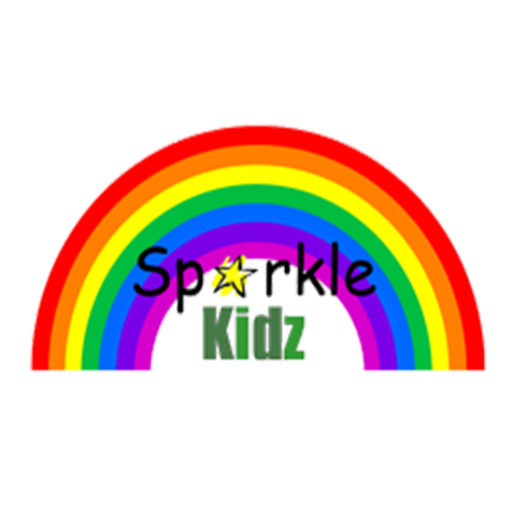Discover the ultimate guide on choosing the best daycare for your child with 17 expert tips. Learn about safety, types, costs, and more in this comprehensive article.
Understanding the Importance of Daycare
Why Parents Choose Daycare
Daycare plays a vital role in modern parenting. With more dual-income households and single parents managing full-time jobs, daycare becomes an essential support system. It ensures that children are not just supervised, but also engaged in structured learning activities.
Many parents opt for daycare to help their child socialize, learn early academic skills, and adapt to routine. These settings offer a balance of care and early education that prepares children for kindergarten and beyond.
The Role of Early Childhood Education
Early childhood is a critical period for cognitive and emotional development. Daycare centers with a strong educational philosophy support language acquisition, motor skills, and socio-emotional growth. They introduce kids to group learning, helping them become adaptable and communicative.
Types of Daycare Services Available
In-Home Daycare
In-home daycares are run by caregivers in their residences. These smaller setups typically accommodate fewer children and offer a homely environment, which can be comforting for infants and toddlers.
Childcare Centers
Licensed childcare centers are more structured, with trained staff, larger groups of children, and dedicated classrooms for different age groups. They often follow a curriculum and offer a variety of educational activities.
Montessori-Based Daycare
Montessori daycares emphasize self-directed activity, hands-on learning, and collaborative play. These settings foster independence and respect for a child’s natural psychological development.
Corporate or On-Site Daycare
Some employers offer daycare at or near the workplace. These options are convenient for working parents and may also offer flexible hours aligned with work schedules.
Key Factors to Consider When Choosing a Daycare
Licensing and Accreditation
Always verify that the daycare is licensed by the state and holds proper accreditation, such as from the National Association for the Education of Young Children (NAEYC). This ensures that the facility meets stringent safety and educational standards.
Staff Qualifications and Ratios
Look for trained and certified staff. Ideal caregiver-to-child ratios are essential for individual attention. For example, infants should ideally have a 1:3 ratio, while older kids can be 1:10.
Curriculum and Learning Philosophy
Ask whether the daycare uses a play-based, academic, or hybrid approach. The right curriculum should align with your parenting style and your child’s developmental needs.
Safety and Cleanliness Standards
Health Protocols and Emergency Procedures
Safety comes first. Ensure the facility follows strict health protocols, including background checks, CPR-certified staff, and detailed emergency evacuation plans.
Cleanliness Practices and Childproofing
The daycare should be clean, well-ventilated, and sanitized regularly. Check for age-appropriate toys, secured furniture, and blocked-off hazardous areas.
Cost of Daycare
Average Costs by Region
Costs vary widely depending on location, age of the child, and type of service. Urban areas often charge more. For example, full-time daycare in New York City might exceed $2,000 per month, while rural areas may be significantly cheaper.
Financial Assistance and Tax Benefits
Parents may be eligible for government subsidies or employer-based assistance. Also, explore tax credits such as the Child and Dependent Care Credit to ease financial burdens.
Location and Convenience
Proximity to Home or Work
Daycare close to your home or workplace simplifies drop-off and pick-up. Evaluate traffic patterns, travel time, and accessibility before enrolling.
Transportation and Parking Options
Check if the daycare offers transportation or has safe, convenient parking. This makes daily routines smoother, especially during peak hours.
How to Research Daycare Centers
Online Reviews and Ratings
Start with online platforms like Yelp, Google, or Care.com. These provide insights from other parents about the center’s environment, staff behavior, and overall satisfaction.
Word of Mouth and Parent Referrals
Personal recommendations are invaluable. Talk to fellow parents, neighbors, or co-workers to get honest feedback about local daycares.
